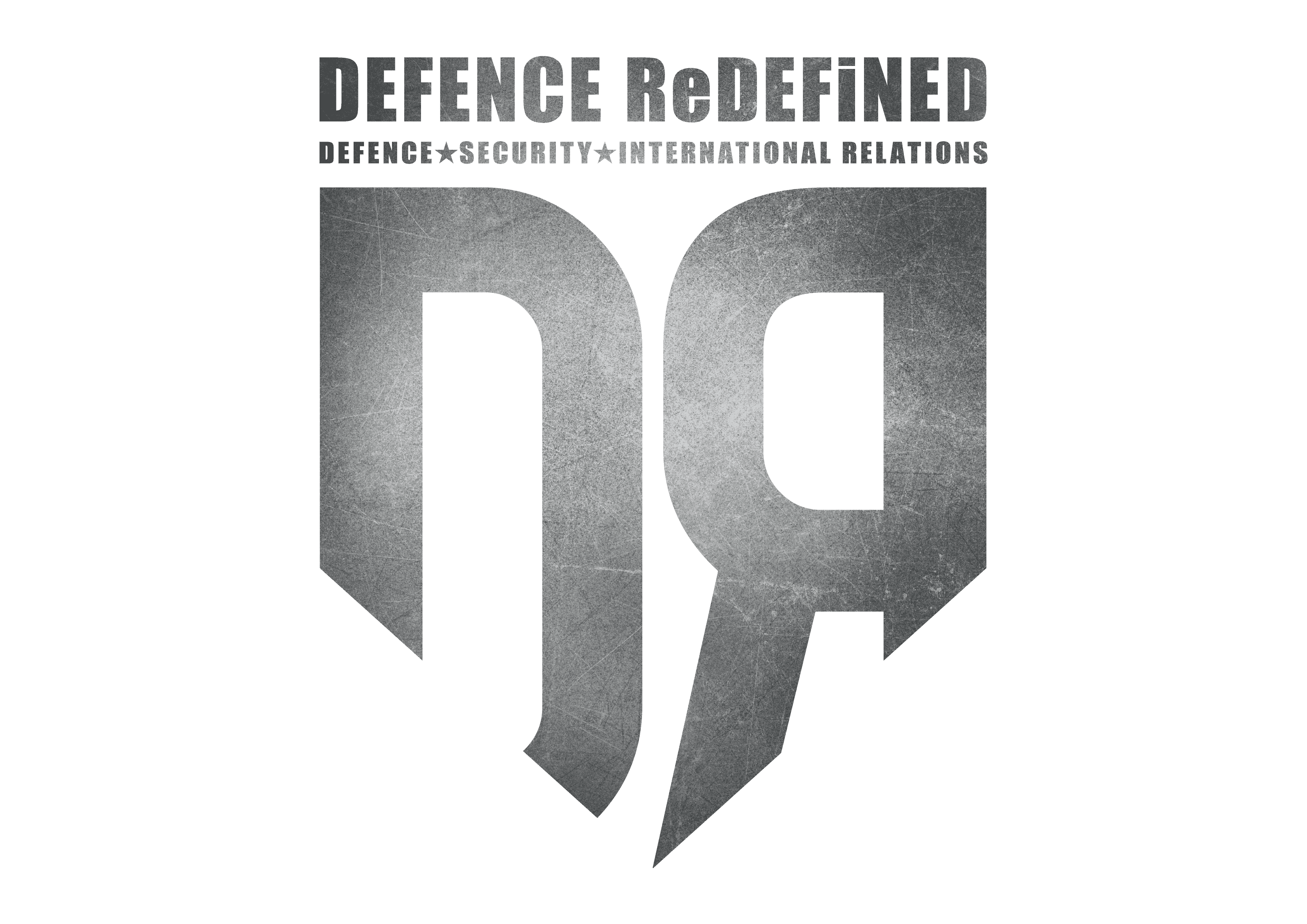SECURITY
SECURITY

Cryptography is vital to cybersecurity. Security attributes such as confidentiality, integrity, authenticity and non-repudiation rely on powerful cryptographic mechanisms, especially in an always connected world.
In addition, cryptography applications offer new opportunities and markets: digital signatures or online transactions would not be possible without it. Given its importance, cryptography remains a key area of research and refers to high-level documents and legislation.
One such document is the new Cyber Security Strategy of the European Union (December 2020), which mentions quantum computing and cryptography as key techniques for technological sovereignty and leadership.
In order to support the implementation of the cybersecurity strategy and related legislation, ENISA has published two reports on cryptography. The first focuses on the upcoming disruptions of post-quantum computing in the existing cybersecurity infrastructure and how they should be mitigated.
The second report introduces the cryptographic building blocks used in the majority of digital currencies and cryptocurrencies, which fall within the scope of the new European regulatory proposal.
Quantum technology will lead to a huge leap forward for many branches of industry, as it can effectively solve problems that current technologies cannot. However, this technology will bring about radical disruptions in existing security equipment and systems.
Also read: Digital Security Authority | On high alert to repel Turkish cyber attacks – VIDEO
Experts agree that quantum computers will be able to crack the widespread public-key cryptography regime. Programs such as data protection from third-party tracking, even digital signatures and processes protected from them, such as banking, software updates, digitally-signed official documents, patient records, and more, will immediately cease to be secure.
The transition to new cryptographic algorithms that will be quantum robust takes years, as the relevant processes are extremely complex and costly.
The ENISA report provides an overview of the current progress of the post-quantum cryptography (PQC) standardization process, introducing a framework for analyzing existing quantum-secure solutions, classifying them into families and discussing their advantages and disadvantages.
The study aims to help decision makers and system designers take appropriate action as soon as possible.
By creating a pan-European blockchain regulatory framework, the European Union intends to test blockchain technologies, on which digital assets such as cryptocurrencies are based.
The report aims to further increase the understanding around the underlying cryptographic elements that make up the blockchain and consequently the cryptographic elements, digital currencies and the number of its applications.
Source: Digital Security Authority
Poland | “Survival Guide” for Citizens in Case of Crises
Poland’s government will distribute a “survival guide” to all households in the country this year, aimed at preparing citizens…
Meeting on Police Cooperation Between Cyprus and the USA
During the meeting, issues related to police cooperation, training, and other matters of mutual interest were discussed…
Franco-Cypriot Collaboration Unveils EONIOS |The World’s First Autonomous Underwater Vehicle Swarm System
A groundbreaking technological advancement in underwater exploration and marine ecosystem protection was showcased…
F-4 Crash | Revelations for the Monument of the Two Fallen Airmen
An official ceremony was held yesterday in Katakolo for the unveiling of a monument dedicated to the two fallen pilots, Commander (I) Efstathios…
HCDI | Invitation to Participate in the Recording of the Potential and Prospects of the Hellenic Defence Innovation Ecosystem
The Hellenic Centre for Defence Innovation (ELKAK) aims to foster the domestic defence innovation ecosystem while supporting start-ups, innovative…
Libya | Announcement of Licensing Round for Exploitation of Energy Resources
Libya has officially announced its first oil and gas licensing in 17 years, offering 22 areas for international auction.
The World Map of Nuclear Weapons
Nuclear weapons remain one of the most significant instruments of geopolitical power and deterrence.
USA | Massive Overnight Airstrikes Against the Houthis
US airstrikes on areas controlled by Houthi rebels in Yemen have killed at least 31 people and injured 101, according to a new toll released by the rebels today.
THEON | Announcement of the Successful Completion of a Private Placement of Shares
THEON INTERNATIONAL PLC (THEON) announced the successful completion of the private placement of approximately 3.2 million shares from…





















0 Comments